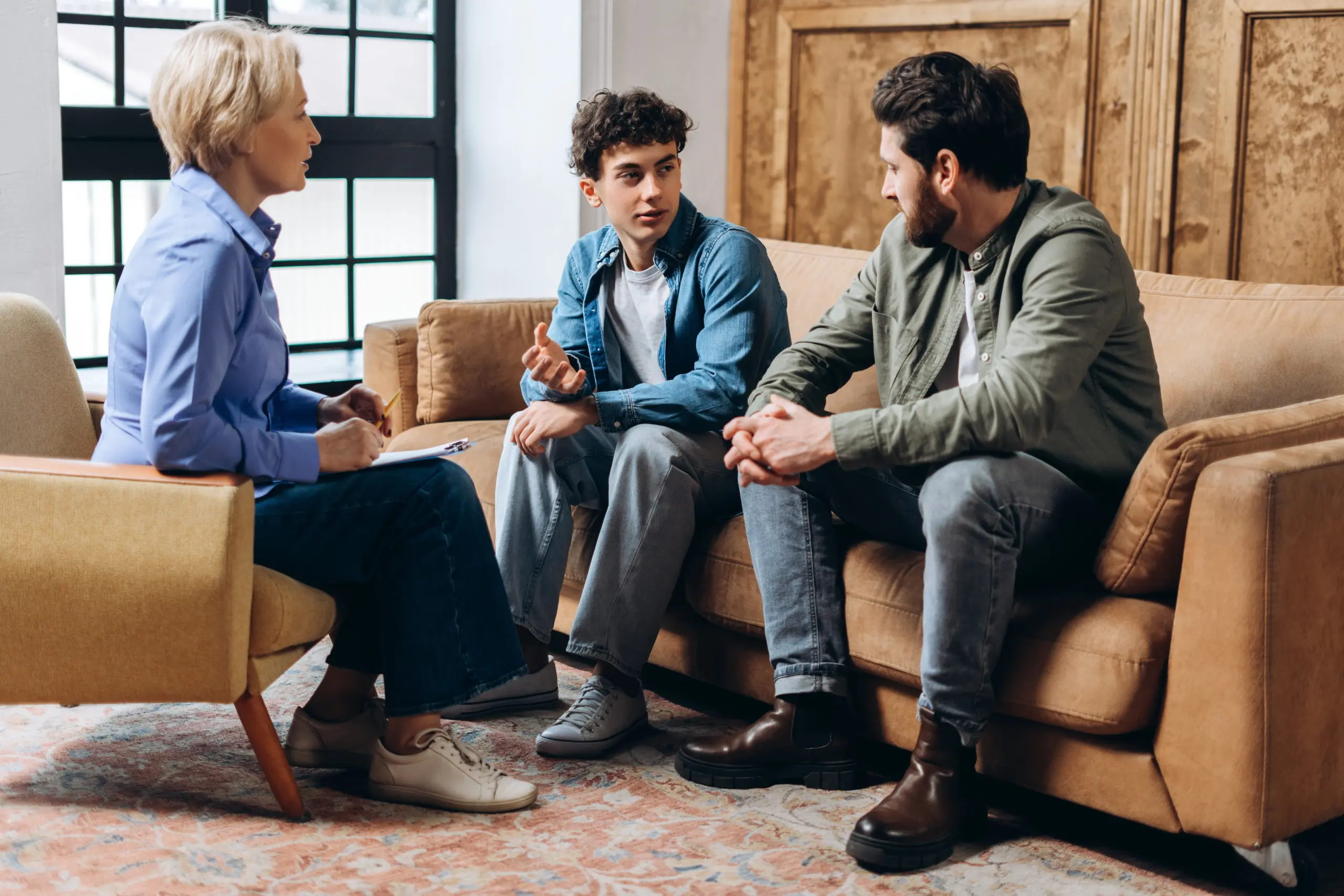What People Don’t Tell You About Drug Abuse
Drug abuse is often portrayed in extreme headlines and stereotypes, but the real stories are much quieter—and far more common. Behind every overdose statistic or criminal charge is a human being, often carrying deep emotional wounds and unmet needs.
At Casa Leona, we believe it’s time to talk about the side of drug abuse that rarely makes the news: the emotional pain, the slow progression, and the unseen impact on families and futures. Here’s what people don’t often tell you.
It Doesn’t Always Look Like You Think
One of the biggest misconceptions about drug abuse is that it only affects “certain types” of people. In reality, addiction can impact anyone—students, professionals, parents, and even those who seem to have it all together.
Here’s what’s not often said:
Drug abuse can thrive behind closed doors and social masks.
High-functioning individuals often delay treatment because they “still manage.”
Many begin using drugs to cope with anxiety, trauma, or chronic pain—not just for “recreation.”
Addiction doesn’t care about status. It’s not about weakness—it’s about survival mechanisms gone unchecked.
The Emotional Toll Is Deep and Lingering

Drug abuse isn’t just physical—it’s emotional. Long before a person develops physical dependence, they’re often already trapped in a cycle of guilt, shame, and fear. These emotional wounds grow quietly and can feel just as painful as withdrawal.
What people don’t talk about enough:
Many individuals carry unresolved trauma that fuels substance use.
Shame is a powerful barrier to asking for help.
Family members often suffer in silence, unsure how to support or intervene.
At Casa Leona, we treat the emotional and psychological roots of addiction—not just the symptoms.
Recovery Isn’t Just Detox
Many assume recovery starts and ends with detox—but detox is only the beginning. True healing requires long-term support, therapy, and community. Without addressing the underlying mental health challenges or environmental triggers, relapse is likely.
What’s left out of most conversations:
Emotional healing takes time and structure.
Mental health and addiction are deeply connected.
Personalized therapy is essential for sustainable change.
That’s why our programs include dual diagnosis care, trauma-informed counseling, and aftercare planning—so clients feel supported at every stage.
Families Are Affected—Even When They Stay Silent

Families and loved ones often feel powerless watching someone struggle with drug abuse. But what many people don’t realize is that addiction reshapes family dynamics over time, often creating patterns of enabling, resentment, or codependency.
What people don’t tell you is:
- Addiction is a family disease—it impacts everyone.
- Loved ones need their own support and education to heal.
- Family involvement during treatment improves outcomes significantly.
At Casa Leona, we offer family therapy and education to rebuild trust and create lasting support systems.
It’s Okay to Ask for Help—Before It Gets Worse
You don’t have to hit rock bottom to deserve treatment. Whether you’re questioning your relationship with substances or seeing early signs in a loved one, help is available—and early intervention can change everything.
At Casa Leona, we offer compassionate, personalized treatment in a safe and non-judgmental space. Our team of professionals understands the complexities of drug abuse, and we’re here to help you or your loved one reclaim health, clarity, and hope.

🧭 You Are Not Alone
The truth about drug abuse is that it thrives in silence. The more we speak honestly about its impact, the more people we can help find their way forward. If you’re ready to talk, we’re here to listen.
📞 Reach out to Casa Leona today and take the first step toward healing.
